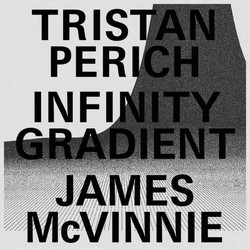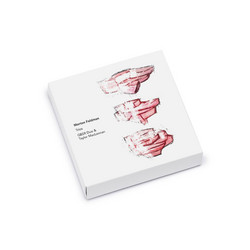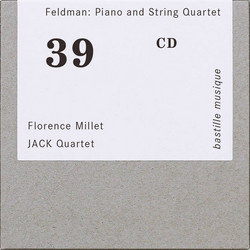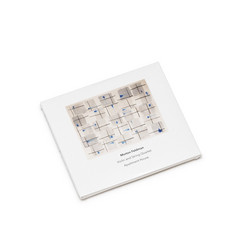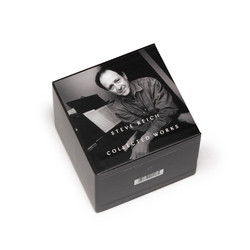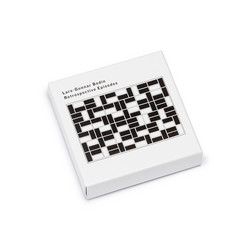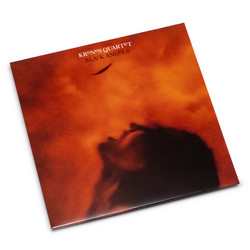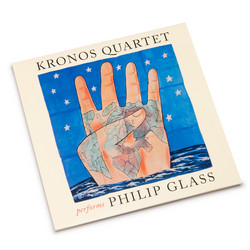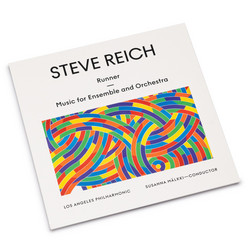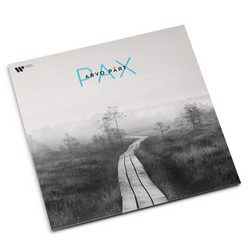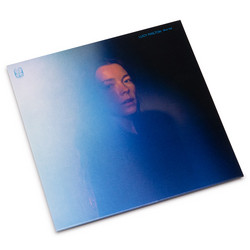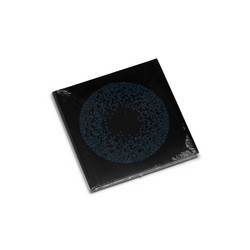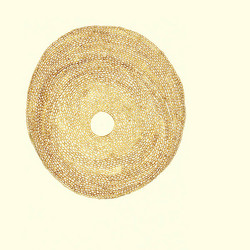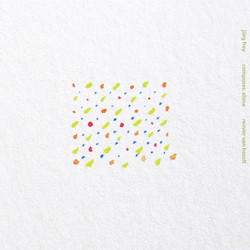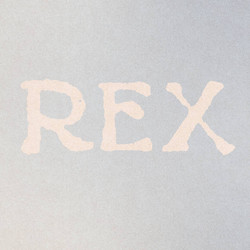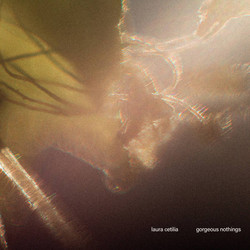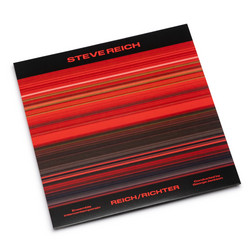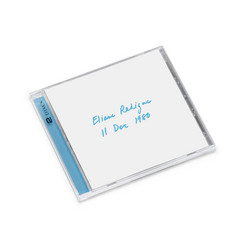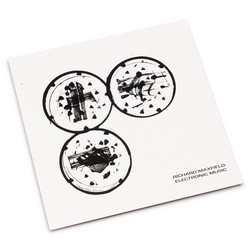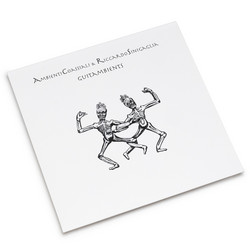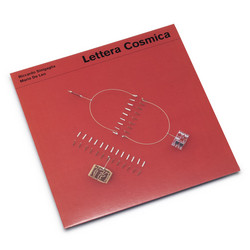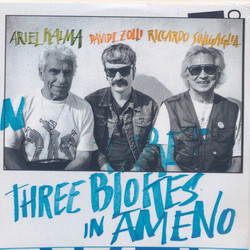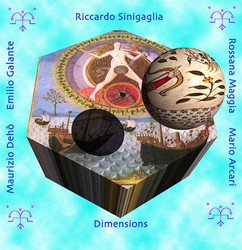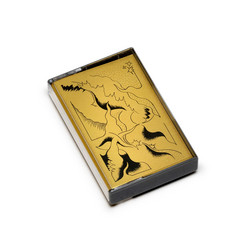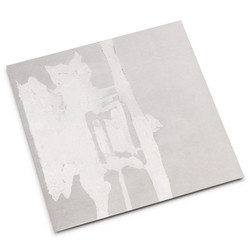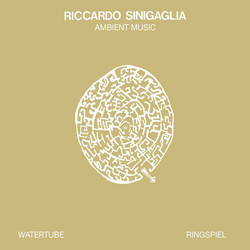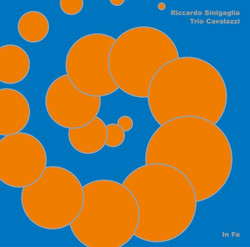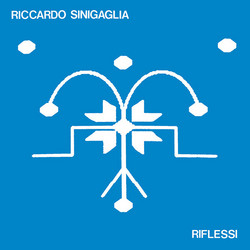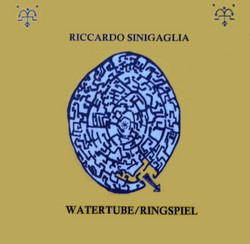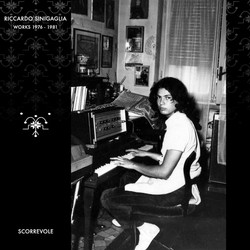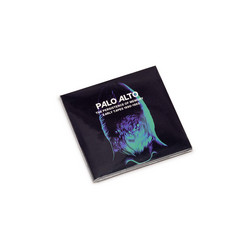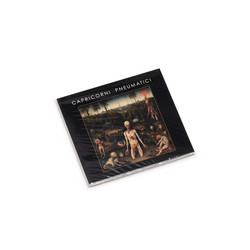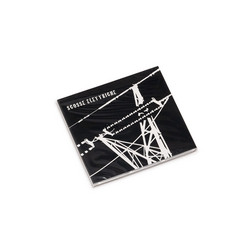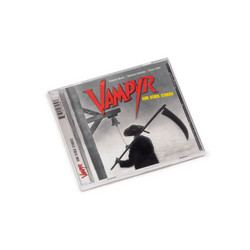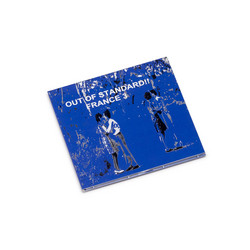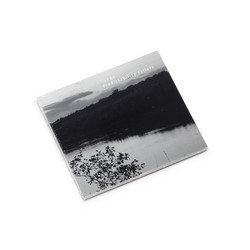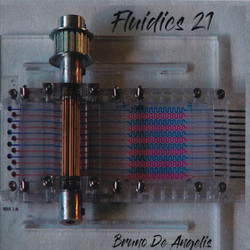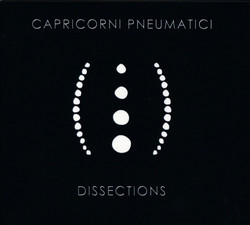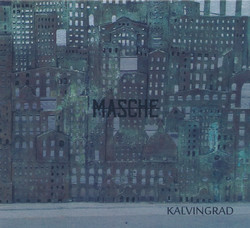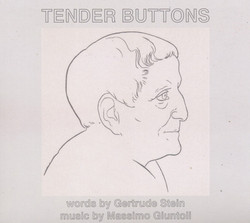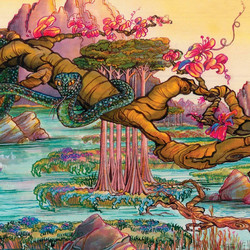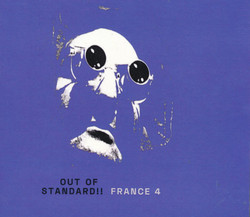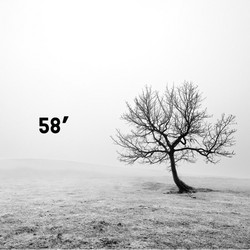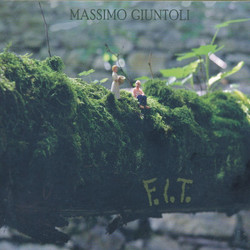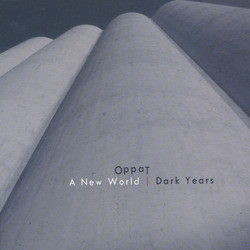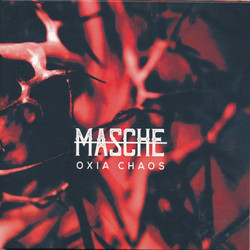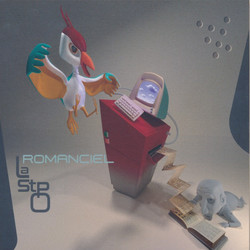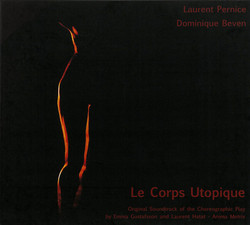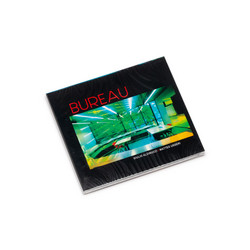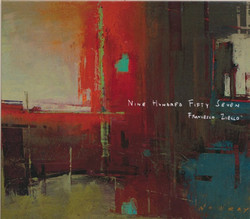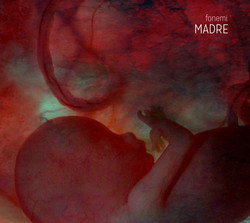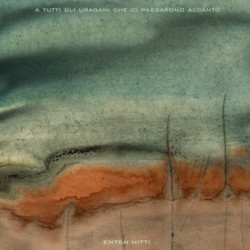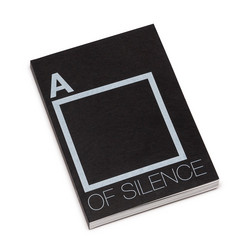*2022 stock* 'We can appreciate some musical works for a variety of reasons. Some unleash a narrative that can read our present and its problems very well, others prefer to move on abstract codes, whether experimental or electronic. Still others may propose ethnographic readings as much aimed at an examination of the past and tradition as they try to probe the future through spatial or psychedelic atmospheres. Then there are proposals capable of going beyond any stylistic framework and floating beyond time and space. Music as a work of art, the ever-present classic. Riccardo Sinigaglia, an undisputed master of the keys (in both the acoustic and electronic repertoire, including piano, farfisa, moog and even EMS synths) measures himself against the impeccable performance technique of the very young Cavalazzi Trio (Alessio and Elisa on violin, and Andrea on cello). Two distant generations, not so much in terms of age but in terms of historical and socio-cultural concomitances. They demonstrate, however, that music can tap into deep expressive and communicative potential and overcome semantic barriers. Music as primordial and primeval language, music as the evolution and transposition of language itself.
Music as a mode that renews and reinterprets language in the light of all external and internal changes. But this little gem that confronts and makes acoustics and electronics interact through minor-major alternation is an emblematic and shameless record of answers. It picks up proverbial challenges between load-bearing paradigms and does not merely measure their potential or specific weight in the proceedings. It simply demonstrates their beauty in the indissoluble symbiosis. Everything is functional to the poetic texture. So much so, in fact, that one hardly perceives the source of emission in the flowing, sinuous flow of sound. Or rather, at times one senses the timbral interchange, the complicit play of role reversal, a tight dialogue of understanding.
"Acoustic < > Electric" proceeds with these fusion parameters also in the evolution of the individual tracks. More structured parts capable of demanding synchronicity, melodies that take hold of brilliant rhythmic interlocks and then evanescent, dragging nuances that perhaps rely on an improvised continuum in the wake of inspiration, of sudden feeling. The effrontery alluded to thus derives from an instinctive, maxresdefault of the banks dictated by an immense love of sound generated by a syntony, a meeting of souls and alchemy. Adelio Fusé evokes this alchemy in his notes, citing an ideal marriage of aesthetics between Anton Webern, Béla Bartók and Terry Riley. Studies at the conservatory dedicated to composition, rigorous approaches to the instrument and existential landfalls towards a freedom that consciously allows itself to be contaminated and playfully tries out different trajectories. The six pieces are actually three movements divided into thought (acoustic) and alter ego (electric) that in an ideal duel open to all possibilities end up leaving room for the sound essence. The boldness is also winning the challenge with this naturalness, the prodigy beyond intent.' - Romina Baldoni
